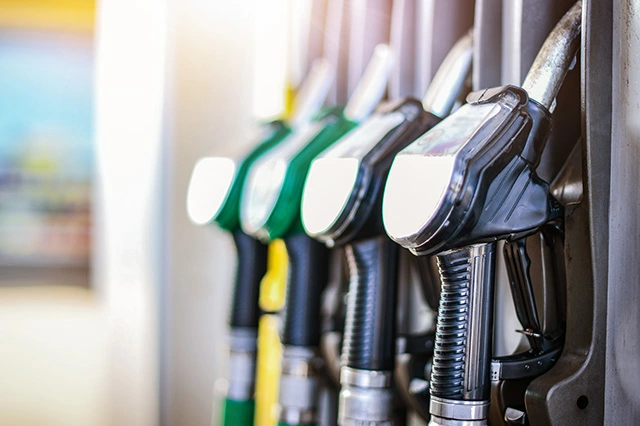In the UK, motorists are presented with a variety of choices when it comes to fuelling their vehicles, with premium fuels being a common option.
While standard fuel may appear more cost-effective at first glance, premium fuel offers a range of benefits that can make it a better choice for certain drivers and vehicles. Understanding the differences between the two and the advantages of using premium fuel can help you make an informed decision.
What is Premium Fuel?
Premium fuel typically has a higher octane rating than standard fuel. In the UK, regular petrol usually has an octane rating of 95 RON (Research Octane Number), while premium petrol often ranges between 97 and 99 RON. The higher octane rating means that premium fuel can withstand greater compression before igniting, which can be beneficial for high-performance engines.
Premium diesel fuels, on the other hand, often include additives designed to improve engine performance, reduce emissions, and clean the engine’s components.
Benefits of Using Premium Fuel
Enhanced Engine Performance Premium fuel is particularly beneficial for vehicles with high-compression engines, such as sports cars or luxury models. These engines are designed to perform better with higher-octane fuel, which ensures smoother combustion and maximizes power output. Even in standard engines, drivers may notice an improvement in responsiveness and acceleration.
Improved Fuel Efficiency While premium fuel costs more per litre, it can lead to better fuel efficiency in some vehicles. The cleaner burn and advanced additives can help engines run more efficiently, potentially offsetting the higher cost of premium fuel over time.
Reduced Engine Knock Engine knocking, or detonation, occurs when fuel combusts prematurely in the engine’s cylinders. This can cause damage over time. Premium fuel’s higher octane rating helps prevent engine knocking, ensuring a smoother and quieter driving experience.
Engine Longevity Premium fuels often include detergents and additives that help keep the engine clean by removing deposits and preventing the buildup of carbon. This can prolong the life of critical engine components and reduce the likelihood of costly repairs.
Environmental Benefits Modern premium fuels are often designed to produce fewer emissions compared to standard fuels. This is achieved through advanced formulations that promote more complete combustion, reducing pollutants released into the atmosphere. For environmentally conscious drivers, this can be an important consideration.
Manufacturer Recommendations Many high-performance vehicles are designed to run on premium fuel. Using regular fuel in these cars may result in suboptimal performance, increased emissions, or even engine damage. Adhering to the manufacturer’s recommendation ensures the vehicle operates as intended.
When is Premium Fuel Worth It?
While premium fuel offers numerous advantages, it is not necessary for all vehicles. Standard engines designed for regular fuel will not typically see significant performance or efficiency gains from using premium options. However, premium fuel is highly recommended if:
- Your vehicle’s manufacturer specifies it.
- You drive a high-performance or luxury car.
- You want to maintain the engine’s condition over the long term.
- You frequently drive under demanding conditions, such as towing heavy loads or driving at high speeds.
Cost Considerations
The primary drawback of premium fuel is its higher price. In the UK, premium fuel can cost 10-20 pence more per litre than regular fuel. Drivers should weigh the potential benefits against the additional expense to determine if it’s a worthwhile investment for their specific vehicle and driving habits.
Conclusion
Premium fuel offers a range of benefits, from enhanced performance and fuel efficiency to reduced emissions and improved engine longevity. For drivers of high-performance vehicles or those who prioritize long-term maintenance and environmental impact, the higher upfront cost of premium fuel may be a small price to pay for the advantages it provides. However, for standard vehicles, sticking to regular fuel is often sufficient. Understanding your vehicle’s needs and the potential benefits of premium fuel will help you make the best choice for your driving experience.







